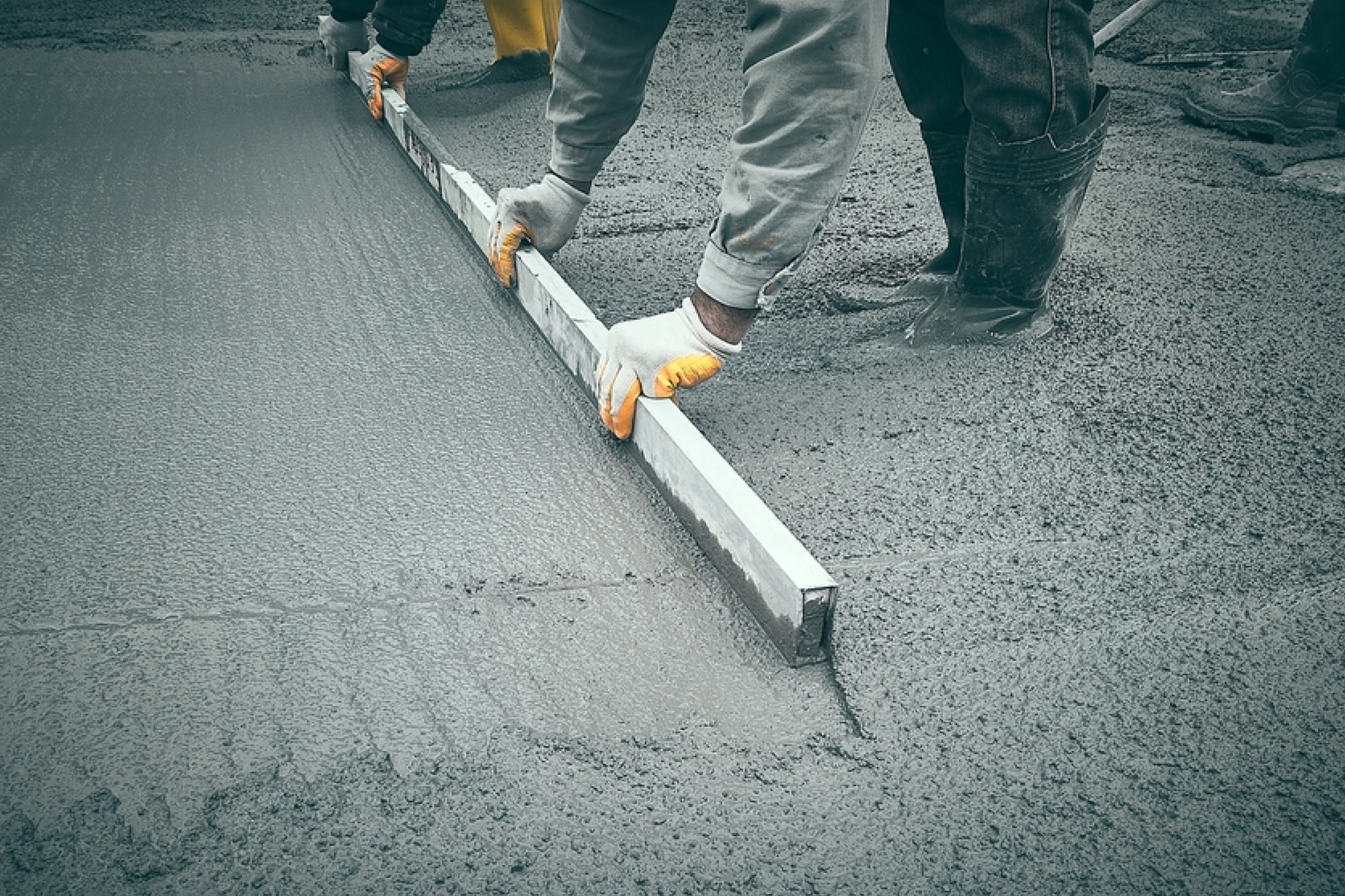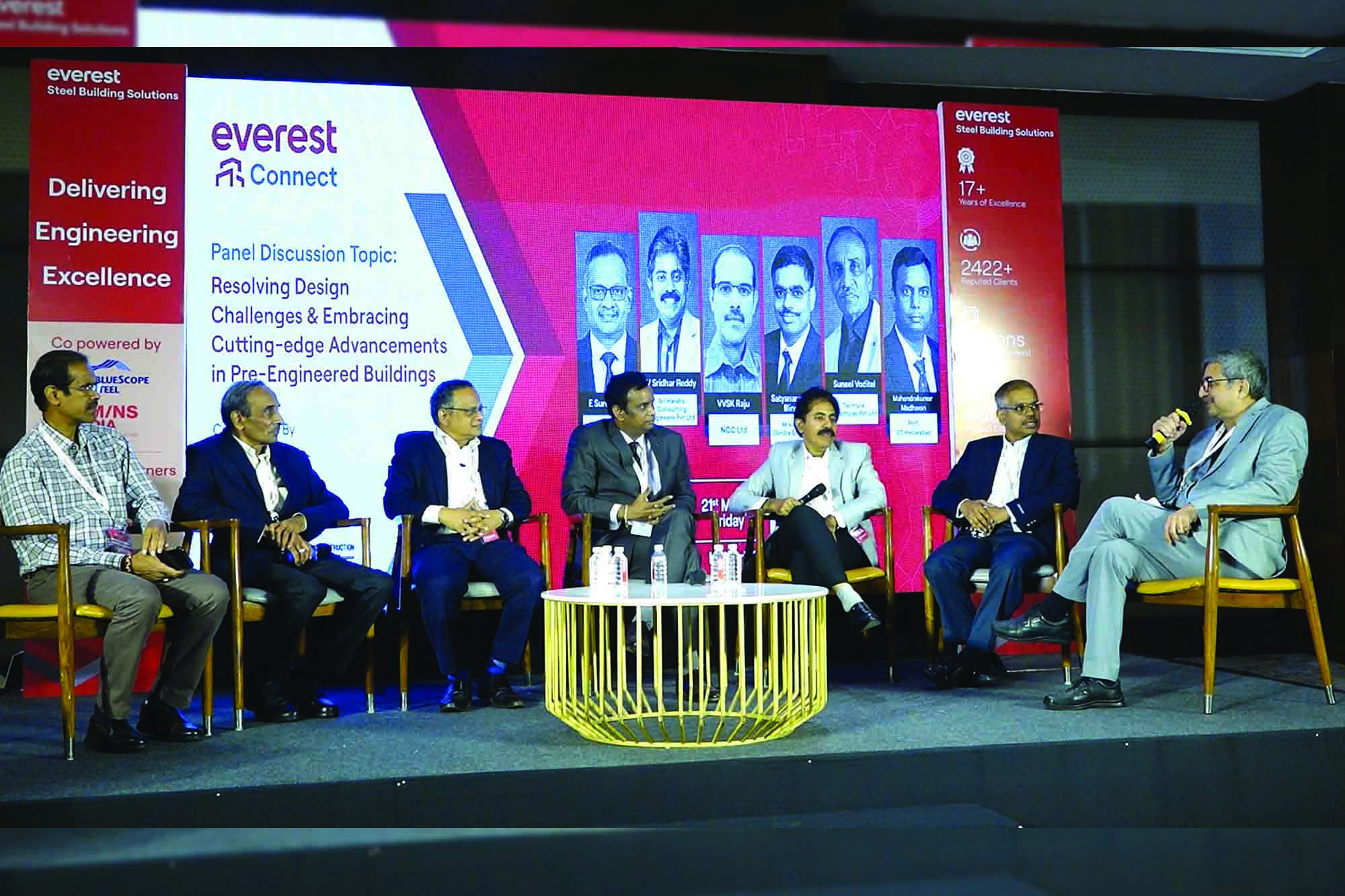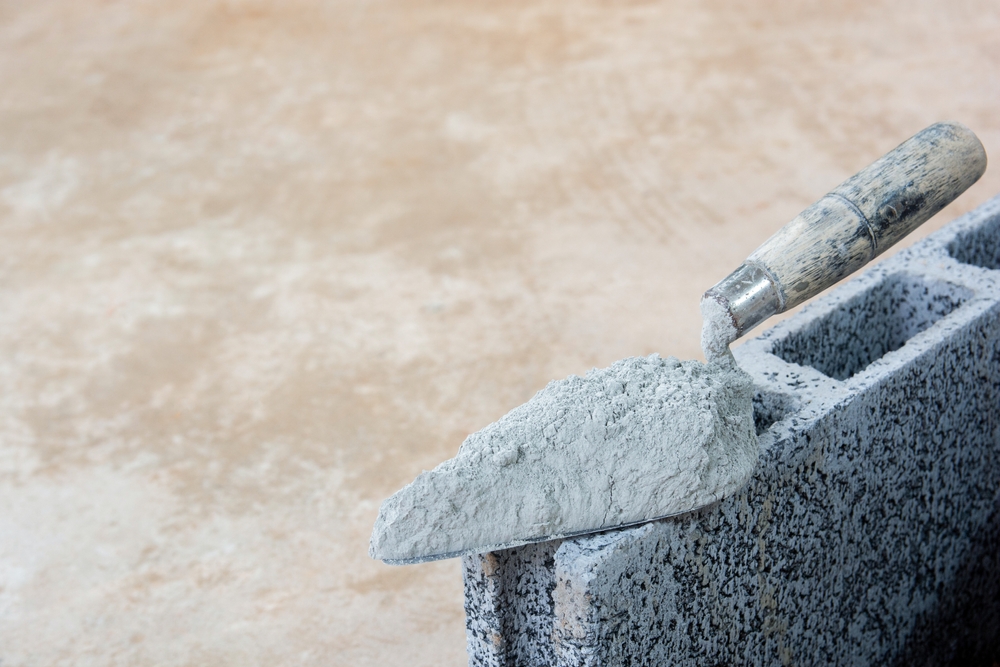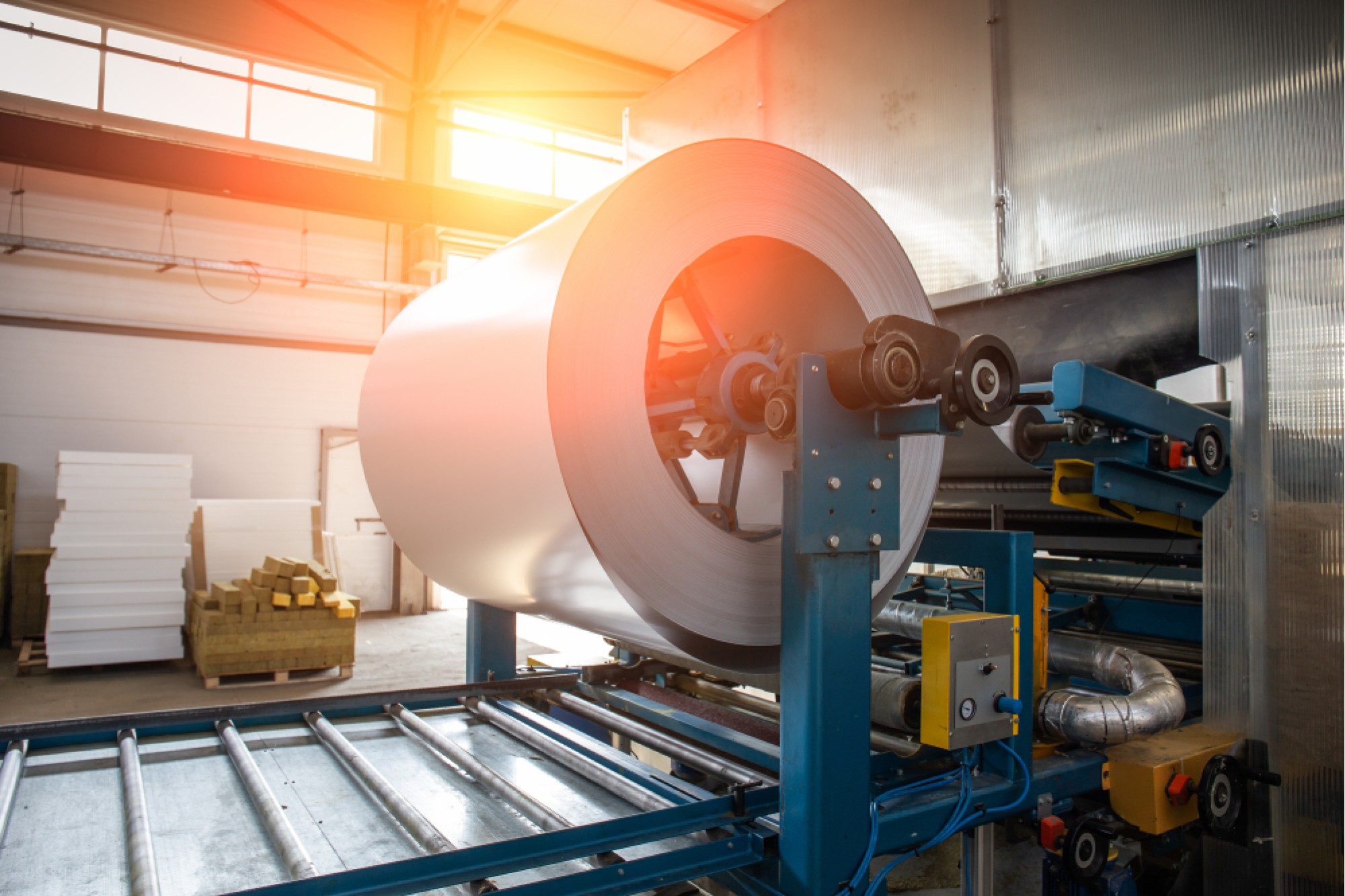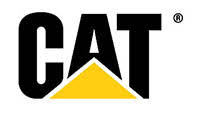Arjas Steel aims to drive sustainable steel production
By Edit Team | January 24, 2023 5:48 pm SHARE
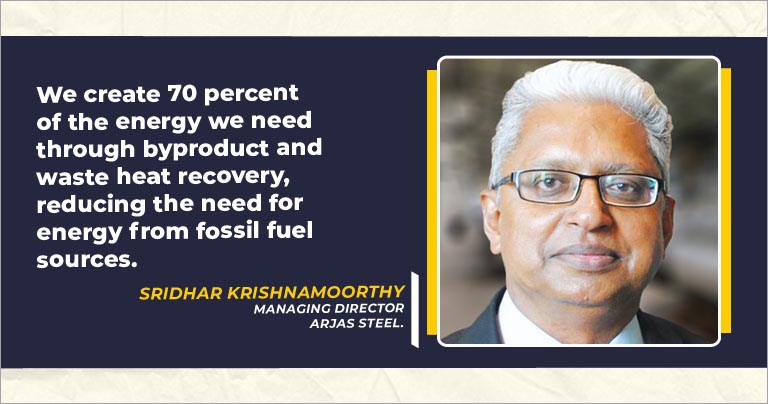
In an exclusive interaction, Arjas Steel talks about the state of the steel market and the need for high-efficiency steel.
Please explain why it is necessary to have high-efficiency steel grades in structures.
Structural steel is traditionally made out of mild steel; however, as more locations require higher-efficiency steel, this demand is rapidly growing. Construction projects near the sea frequently employ stainless steel and rebar resistant to corrosion. Like this, stronger joints, fasteners, and structural steel are utilised to withstand tremendous pressure on tall structures, helping to avoid larger foundations and saving time.
In other applications, like the automotive industry, the emphasis is on a number of factors, including steel that can provide stronger fatigue resistance and longer component life but is lighter in weight (so that overall vehicle weight can be lowered, which can result in lower fuel consumption).
How are the present global trends affecting steel prices and their quality?
Ukraine was a significant steel exporter, and now that the war and steel plants have been destroyed, there is less supply coming from Ukraine. This has dramatically reduced the supply in the context of the war scenario in Europe. Additionally, the steel industry has been shaken by trade imbalances due to the sanctions imposed on Russia and the restrictions on procurement from that country (which is a large source of steel and other critical raw materials). All primary steel makers worldwide are impacted by the raw material (coal and coke) pricing uncertainty brought on by the trade friction between China and Australia. Coking coal, which is primarily produced in Australia, has experienced significant volatility in 2022 and is predicted to continue to shock the supply chain.
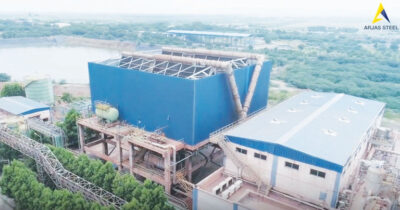
What amount of metal scrap and recycled steel is used in structures?
It is challenging to set a precise figure, but steel is generally one of the most recyclable metals. Almost all kinds of steel scrap are used again in producing new steel. We utilise 100% of the scrap produced domestically at Arjas Steel.
How are the global supply chain challenges adding fuel to the existing difficulties of steel businesses?
In many ways, global supply chain issues are producing uncertainty. Pricing forecasting is becoming more challenging, shipment periods and delivery dates are longer, and steel manufacturers will maintain more inventory to prevent running out of raw materials. Overall, this has created some ambiguity and strained the company’s finances.
How is your organisation contributing to the sustainable requirements of the construction infrastructure sector?
We primarily supply the automotive and wind energy industries with our final goods instead of the infrastructure sector. Regarding sustainability, we are making sure to lessen our carbon footprint, increase the effective use of resources like water, waste, etc., and dispose of any waste in an environmentally sustainable manner. We have installed very effective technologies to stop dust emissions.
In addition, we generate 70 percent of our energy requirements through waste heat recovery and byproduct gases, minimising the need for energy from fossil fuel sources. Sustainable steel production is a priority for Arjas Steel.
For more details visit: https://www.arjas.com/
Cookie Consent
We use cookies to personalize your experience. By continuing to visit this website you agree to our Terms & Conditions, Privacy Policy and Cookie Policy.


